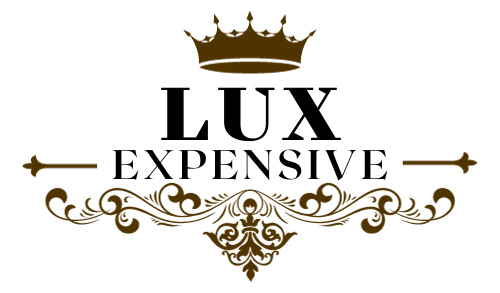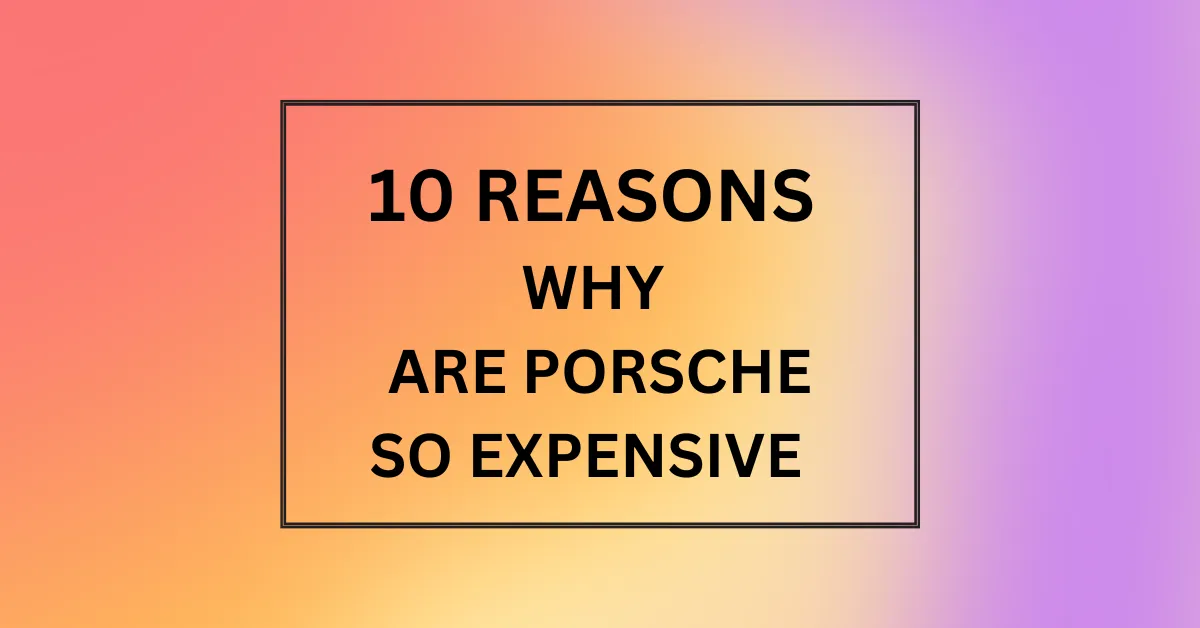Porsches are expensive because they are engineered for incredible performance, built with the highest quality materials to the exacting standards of German craftsmanship, and their brand carries an exclusive status as an aspiration luxury for an elite clientele.
Porsche is an iconic sports car brand that has developed a reputation for crafting high-performance vehicles with precise handling, powerful engines, and luxurious styling. However, these vehicles also come with an equally high price tag, leaving many wondering – why are Porsches so expensive?
Top 10 Reasons Why Porsches Are So Expensive
1. Advanced Engineering and Technology
Porsche is renowned for its state-of-the-art engineering across all of its vehicle components, from the chassis and suspension to the engines and technology features. This cutting-edge engineering and continuous innovation significantly drive up costs in research, development, testing and manufacturing.
2. Handling and Performance Capability
Porsches are designed and engineered to deliver exceptional handling agility and blistering performance metrics. Each component is meticulously calibrated – lightweight chassis, responsive steering, specially tuned suspensions, powerful brakes and potent engines. This level of capability comes at a high cost for components and development.
3. Premium Interior Craftsmanship
Step inside a Porsche and you’ll be surrounded by the highest quality of leathers, metals, carbon fibers and custom veneers. Precision German craftsmanship can be found in every stitch and finish, from the dashboard and upholstery to the racing-inspired gauges and buttons. This flawless attention to detail in design and materials commands premium pricing.
4. Brand Prestige and Exclusivity
The Porsche badge carries decades of racing heritage and a reputation as an automotive status symbol for the elite class. By positioning their brand as exclusive and aspirational rather than mass-market, Porsche can maintain higher profit margins and avoid diminishing its premium brand equity through over-production relative to demand.
5. Niche Luxury Market Position
Unlike other sports car manufacturers that aim for volume, Porsche focuses squarely on being a leading luxury niche player in the high-performance sports car and SUV segment.
Without attempting to appeal broadly across the entire auto market, Porsche avoids competing on affordability and instead concentrates efforts on engineering excellence, brand prestige and lower production numbers – all factors allowing substantially higher pricing.
6. Vertical Integration of Production
Unlike mainstream automakers, Porsche retain significantly more ownership and control across their production value chain.
By limiting outsourcing of key technology, engineering and component manufacturing functions to third parties, they can better insure quality standards while also enjoying much healthier profit margins rather than sharing with parts suppliers and assemblers. This level of vertical integration allows for higher ultimate pricing.
7. Dealership Network Control
Porsche also retains strong oversight on its dealer network, enabling consistency across the sales and ownership experience while facilitating healthier dealer margins that support higher retail pricing levels.
With notorious waiting lists especially on new product releases combined with limited allocations, Porsche dealers enjoy significant demand thus providing leverage for upholding premium selling prices.
8. Low Production Volumes
Since Porsche produces vehicles in far lower volumes than mass market manufacturers, economies of scale are more limited. Units shares of fixed costs in design, engineering, testing and production are higher per vehicle.
Given the extensive hours of manual labor invested into completion and customization, this low production volume dynamic contributes to substantial finished unit costs that must be reflected in the sales price.
9. Customization and Personalization
A key part of the Porsche ownership experience is the opportunity for buyers to customize their vehicle through Porsche’s exclusive design catalog options along with aftermarket exotic tuning houses.
From specially painted colors, performance upgrades, interior custom leathers and more, Porsche can command a premium for giving their sports cars a tailored exclusive personality. This level of customization adds further cost and pricing upside.
10. Costly Regular Maintenance Requirements
Maintaining these precision driving machines over tens of thousands of miles isn’t inexpensive. Required regular maintenance services, costly premium fuel appetites, frequent brake and tire changes given performance demands – all contribute to hefty total cost of ownership requirements.
These elevated operating costs allow Porsche dealers and after-market maintenance shops to charge higher service & parts rates while the residual value of well-maintained vehicles help justify higher pricing.
FAQS.
Is Porsches a good brand?
Yes, Porsche is considered one of the premier sports car brands globally due to its racing pedigree, iconic style, advanced German engineering, coveted performance metrics, and reputation for quality and exclusivity.
Are Porsches good?
With precision handling, blistering acceleration, braking and lap times, exquisite craftsmanship and customizable luxury features, Porsches deliver an exceptional high-performance sports car driving experience for those seeking the ultimate vehicle.
Are Porsches worth the price?
For serious sports car enthusiasts and luxury seekers, Porsches are regarded as worth their high prices given the automaker’s focus on cutting-edge engineering, racing-bred capabilities and brand prestige.
Where to buy Porsches?
Porsches are available through the automaker’s network of authorized dealers worldwide, though supply constraints mean getting one requires booking in advance, especially for newer, high-demand models or customized builds.

